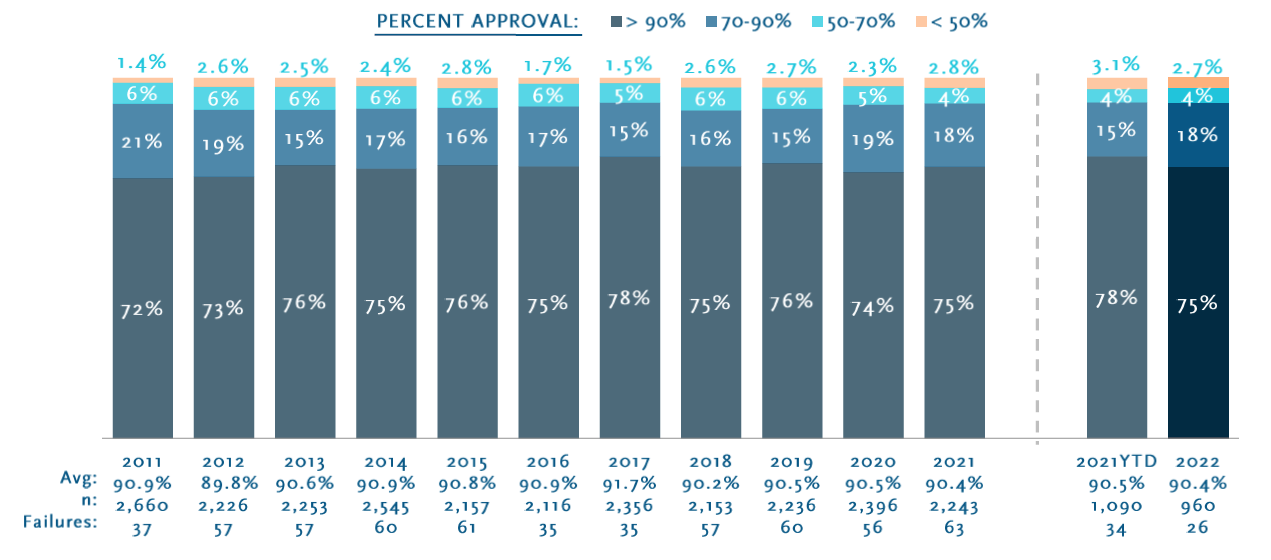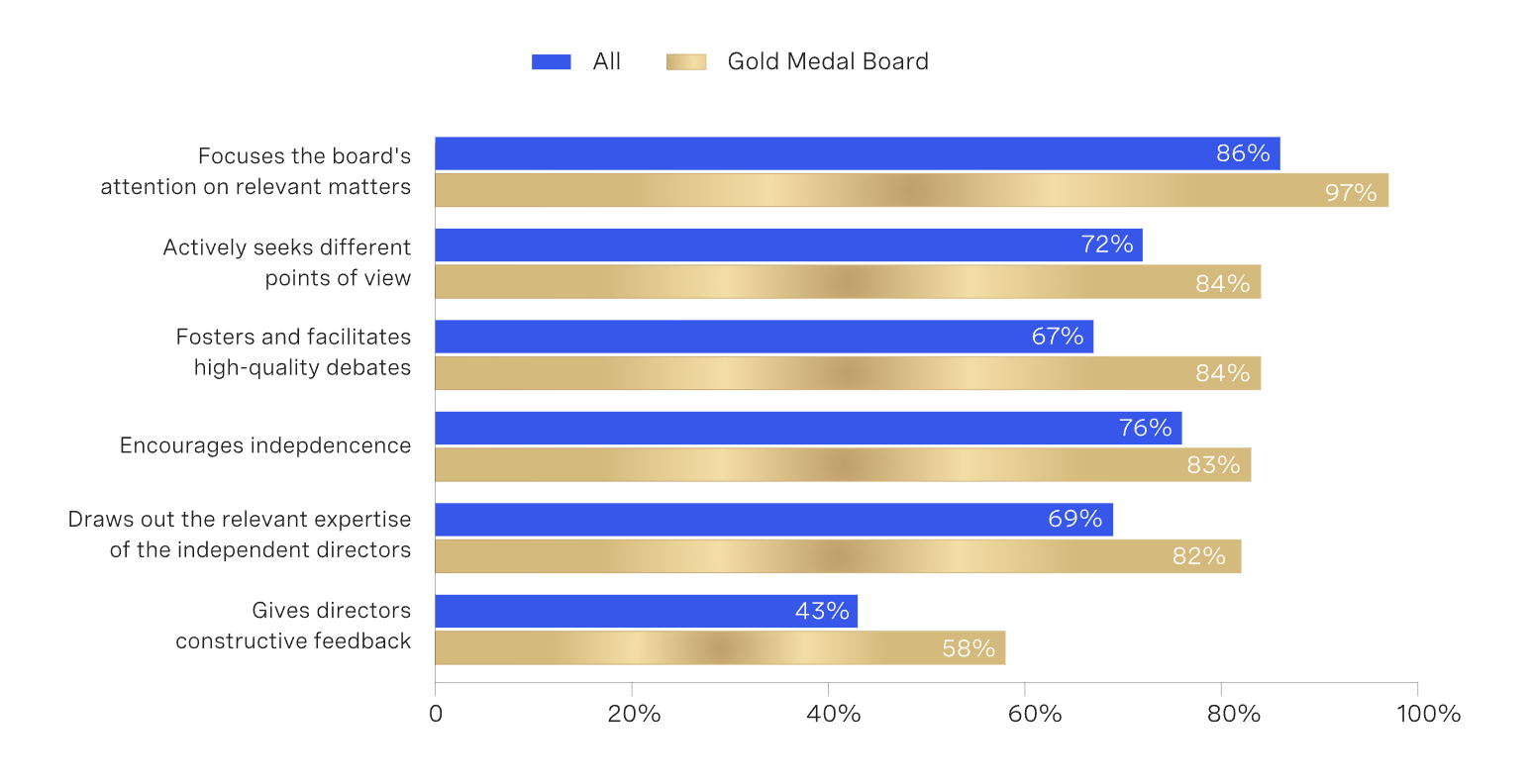Eric Orsic is a Partner at McDermott Will & Emery LLP. This post is based on his MWE memorandum.
On June 3, 2022, the US Securities and Exchange Commission (SEC) adopted amendments to Rule 101 of Regulation S-T that eliminate the option for issuers and filing persons to file a number of forms in paper format. The amendments mandate that issuers and filing persons electronically submit the following forms on EDGAR:
- Form 144 for sales of securities of issuers subject to the reporting requirements of Section 13 or 15(d) of the Exchange Act
- “Glossy” annual reports to security holders
- Form 6-K filings [1]
- Notices of exempt solicitations and exempt preliminary roll-up communications
- Filings made by multilateral development banks
- Certifications made pursuant to Section 12(d) of the Exchange Act and Exchange Act Rule 12d1-3 that a security has been approved by an exchange for listing and registration.
In Depth
Form 144
The amendments have important implications for Form 144 filers as the SEC is looking to increase transparency and make these filings more accessible to investors, analysts and other market participants. According to data cited by the SEC, less than 1% of Form 144s submitted are done so electronically. The balance of Form 144s are either submitted in paper format or via email by virtue of the filing relief initially adopted during the COVID-19 pandemic. [2] The paper forms are not digitized by the SEC but are instead kept in its Public Reading Room in Washington, DC. Handwritten and offline, paper Form 144s are difficult for the public to access, track and analyze. Third-party service providers routinely scan the paper filings and make them available to their subscribers. However, the SEC noted that these third-party services are subscription based and not generally accessible to the public without charge. The SEC also noted the lag between the time the filings are made and when they become available via third-party service providers, with several days’ lag being the norm. Form 144 will now be an online fillable document similar to Forms 3, 4 and 5, making all filings machine readable and easily accessible online.


The Proposed SEC Climate Disclosure Rule: A Comment from Twenty-Two Professors of Law and Finance
More from: Lawrence Cunningham
Lawrence A. Cunningham is the Henry St. George Tucker III Research Professor at George Washington University Law School. This post is based on a comment letter by Professor Cunningham and 21 other Professors of law and finance.
Related research from the Program on Corporate Governance includes The Illusory Promise of Stakeholder Governance (discussed on the Forum here) and Will Corporations Deliver Value to All Stakeholders? (discussed on the Forum here), both by Lucian A. Bebchuk and Roberto Tallarita; Restoration: The Role Stakeholder Governance Must Play in Recreating a Fair and Sustainable American Economy—A Reply to Professor Rock by Leo E. Strine, Jr. (discussed on the Forum here); Stakeholder Capitalism in the Time of COVID, by Lucian Bebchuk, Kobi Kastiel, and Roberto Tallarita (discussed on the Forum here); and Corporate Purpose and Corporate Competition by Mark J. Roe (discussed on the Forum here).
This post is based on a comment letter sent to the SEC by Stephen M. Bainbridge (UCLA), Jonathan B. Berk (Stanford), Sanjai Bhagat (Colorado), Bernard S. Black (Northwestern), William J. Carney (Emory), Lawrence A. Cunningham (GW), David J. Denis (Pittsburgh), Diane Denis (Pittsburgh), Charles M. Elson (Delaware), Jesse M. Fried (Harvard), Sean J. Griffith (Fordham) Jonathan M. Karpoff (Washington), F. Scott Kieff (GW), Edmund W. Kitch (Virginia), Katherine Litvak (Northwestern), Julia D. Mahoney (Virginia), Paul G. Mahoney (Virginia), Adam C. Pritchard (Michigan), Dale A. Oesterle (Ohio State), Roberta Romano (Yale), Christina P. Skinner (Pennsylvania), and Todd J. Zywicki (George Mason). Below is the text of the letter with minor adjustments to eliminate the correspondence-related parts.
The enthusiasm of many Commissioners and Staff of the Securities and Exchange Commission (the “SEC”) to participate in the global debate about climate change is understandable. After all, protecting the earth’s sustainability is perhaps the most compelling issue of our time. It’s an issue all must take seriously and everyone must do their part. But each of us, and particularly governmental authorities, must always act in accordance with law and fairness.
The undersigned, a group of professors of law and finance, are concerned that the SEC’s recent proposal to impose extensive mandatory climate-related disclosure rules on public companies (the “Proposal”) exceeds the SEC’s authority. In addition, rather than provide “investor protection,” the Proposal seems to be heavily influenced by a small but powerful cohort of environmental activists and institutional investors, mostly index funds and asset managers, promoting climate consciousness as part of their business models.
The framework of this post traces the potential sources of the SEC’s authority, which are a function of federal statutes and other federal laws. The statutes that created the SEC in the 1930s authorize the SEC to promulgate disclosure regulations that are “necessary or appropriate in the public interest or for the protection of investors.” Amendments to those statutes in the late 1990s instructed the SEC to report on whether a proposed regulation will promote efficiency, competition, and capital formation.
READ MORE »